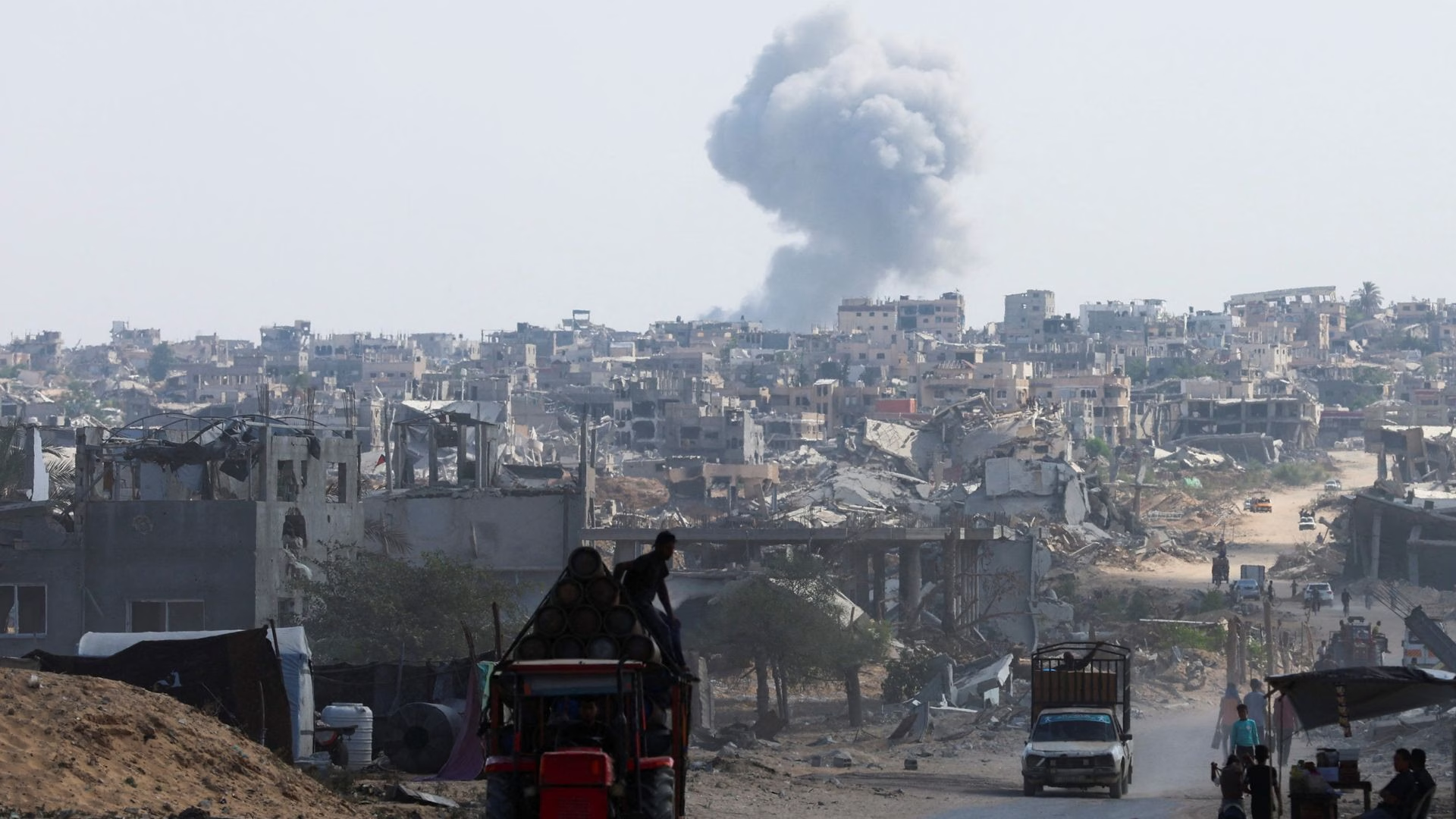
The U.S. State Department has announced plans to designate Venezuela’s Cartel de los Soles as a Foreign Terrorist Organization, a step that—absent congressional intervention—will take effect on November 24 and authorize the United States to conduct targeted operations inside Venezuela if deemed necessary.
The move marks one of Washington’s most consequential escalations toward Caracas in years, with the designation granting the U.S. broad legal authority to act against the cartel’s assets, personnel, and infrastructure across Venezuelan territory.
According to U.S. officials, the cartel, allegedly headed by President Nicolás Maduro and senior Venezuelan military and political officials, has “corrupted the institutions of government in Venezuela” and operates in coordination with other designated terrorist groups, including Tren de Aragua and Mexico’s Sinaloa Cartel. The organization is accused of facilitating terrorist violence, enabling transnational criminal networks, and trafficking narcotics into the United States and Europe through river corridors along the Orinoco and clandestine air routes originating in Apure state.
Secretary of State Marco Rubio, who released a statement Sunday, argued that the cartel should be treated as an armed terrorist organization rather than a traditional narcotics syndicate. He said the group has “corrupted the institutions of government in Venezuela” and insisted that Maduro’s regime “does not represent the legitimate government.” Rubio added that “drug dealing is the kind of terrorism” the organization perpetrates. The pending FTO label builds on a July Treasury Department designation naming the cartel a Specially Designated Global Terrorist for supporting other criminal networks.
President Donald Trump, speaking aboard Air Force One, endorsed the designation and said it would empower the United States to pursue “targeted actions” against Maduro-linked infrastructure inside Venezuela if necessary. He emphasized that no final decisions on military steps have been made but said the administration remains focused on halting narcotics flows entering the United States. Trump said he has directed Rubio and other officials to formally notify Congress, while stressing that no congressional approval is required for possible operations, which he described as falling under the executive branch’s authority to counter drug threats.
If finalized, the FTO designation would make it a federal crime for U.S. persons to provide material support to the cartel, bar its members from entering the United States, and widen the legal basis for sanctions or interdiction actions. Congress has seven days to review and potentially block the move once formally notified.
The announcement comes at a moment of increased U.S. military activity in the Caribbean, including the deployment of the USS Gerald R. Ford aircraft carrier and U.S. strikes on suspected drug-smuggling vessels—operations that have already drawn international attention over questions of legality and the risk of escalation. Alongside the amphibious deployments, the U.S. has further military assets positioned in Puerto Rico and St. Croix, U.S. Virgin Islands, among other locations.
Despite the hardline posture, Trump indicated that dialogue with Maduro has not been ruled out, describing the administration’s approach as part of a broader strategy to address regional security concerns, migration pressures, and instability tied to Venezuela’s political and economic collapse. He did not detail any ongoing discussions.
Officials in Caracas have not yet responded to the pending designation, though U.S.–Venezuela relations have been severely strained for years. Maduro has been subject to sweeping U.S. sanctions and faces a $50 million reward for his arrest announced earlier this year.
British Caribbean News


